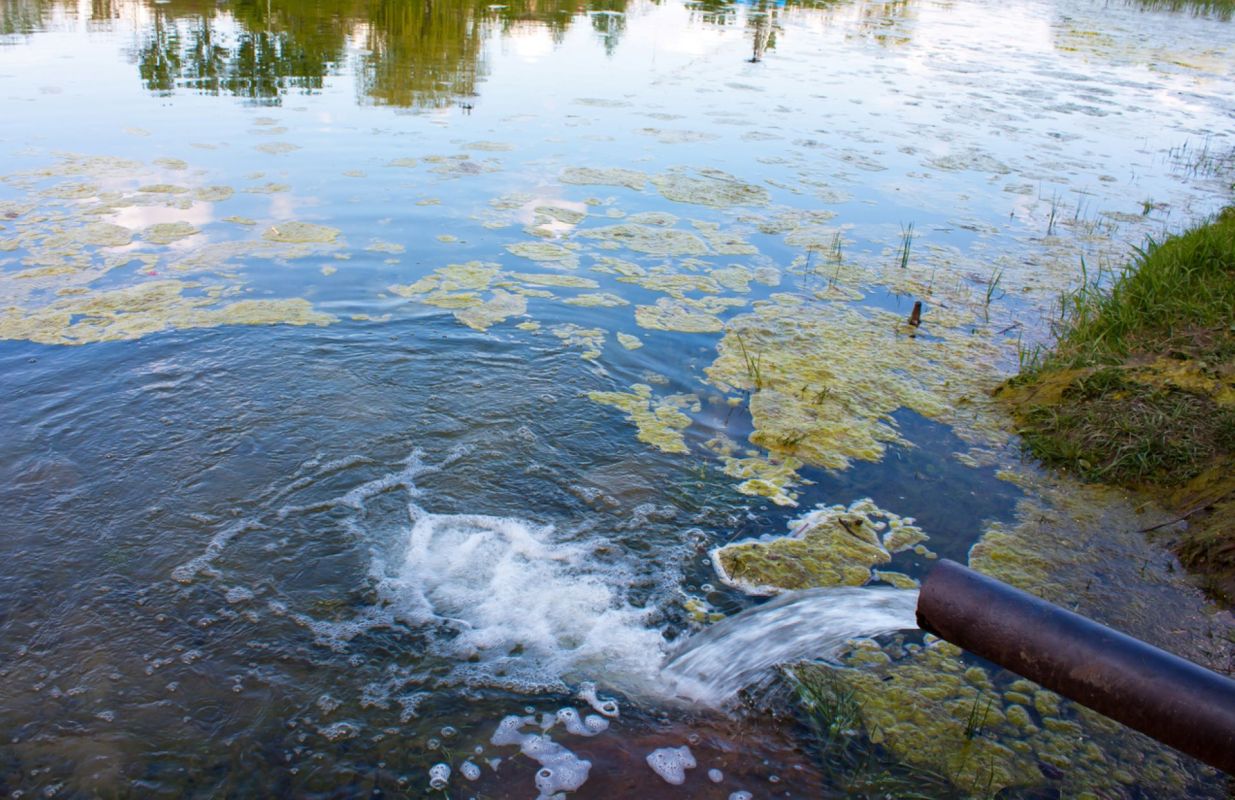A chemical plant's decades-long history of dumping contaminated wastewater into North Carolina's Cape Fear River has sparked global concerns, with the United Nations going as far as labeling the pollution a human rights issue.
What happened?
According to The New York Times, the dumping of toxic wastewater into the Cape Fear River by chemical giant Chemours has rendered the water unsafe to drink for a 100-mile stretch.
This pollution, fueled by the release of forever chemicals known as PFAS, has persisted for over 40 years.
Despite knowledge of the harmful impacts on human health and the environment, Chemours and its predecessor, DuPont, "are completely disregarding the rights and well-being of residents" along the river, stated a panel of UN human rights experts.
Why is this chemical pollution concerning?
The pollution of the Cape Fear River emphasizes the urgent need to address irresponsible industry practices that prioritize profit over public health.
"We still have residents in our region who do not have access to clean, safe drinking water," explained Emily Donovan, co-founder of Clean Cape Fear, which petitioned last year for the UN to conduct a human rights investigation.
PFAS, human-made chemicals that accumulate in the environment over time, can easily contaminate water sources and pose severe health risks, including cancer, liver damage, and reproductive issues.
They can already be found in many everyday products, such as food packaging, nonstick cookware, and water-resistant clothing.
"We're finding PFAS along our beaches, in locally grown produce and locally caught fish. It's also in our air and rainwater," Donovan continued, painting a vivid picture of just how widespread of an issue these forever chemicals truly are.
What's being done about the chemical dumping?
Community groups and environmental activists in North Carolina have petitioned for a cleanup of the pollution, and spreading the word about this kind of corporate negligence is a crucial step in holding companies accountable for their actions.
Although state regulators and the EPA have imposed fines and initiated monitoring programs to address PFAS contamination in the past, more effective regulations are needed to protect the health of the community and the planet.
Join our free newsletter for cool news and actionable info that makes it easy to help yourself while helping the planet.









